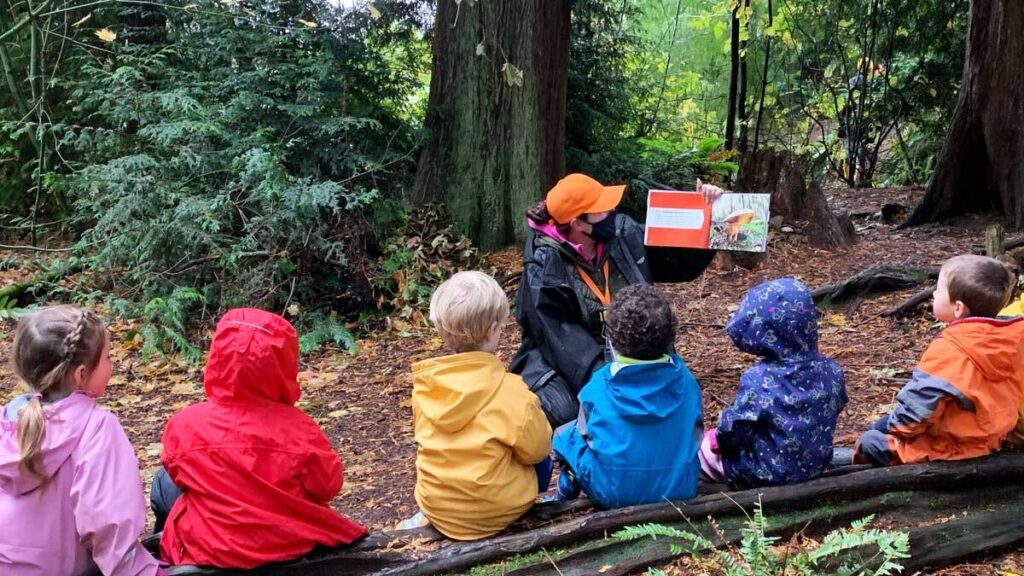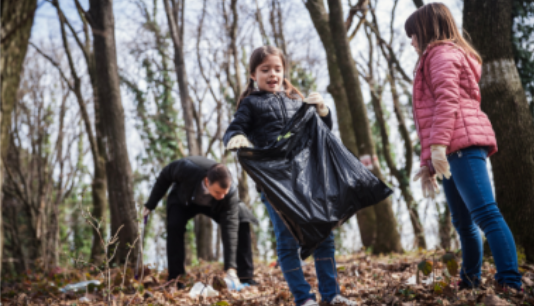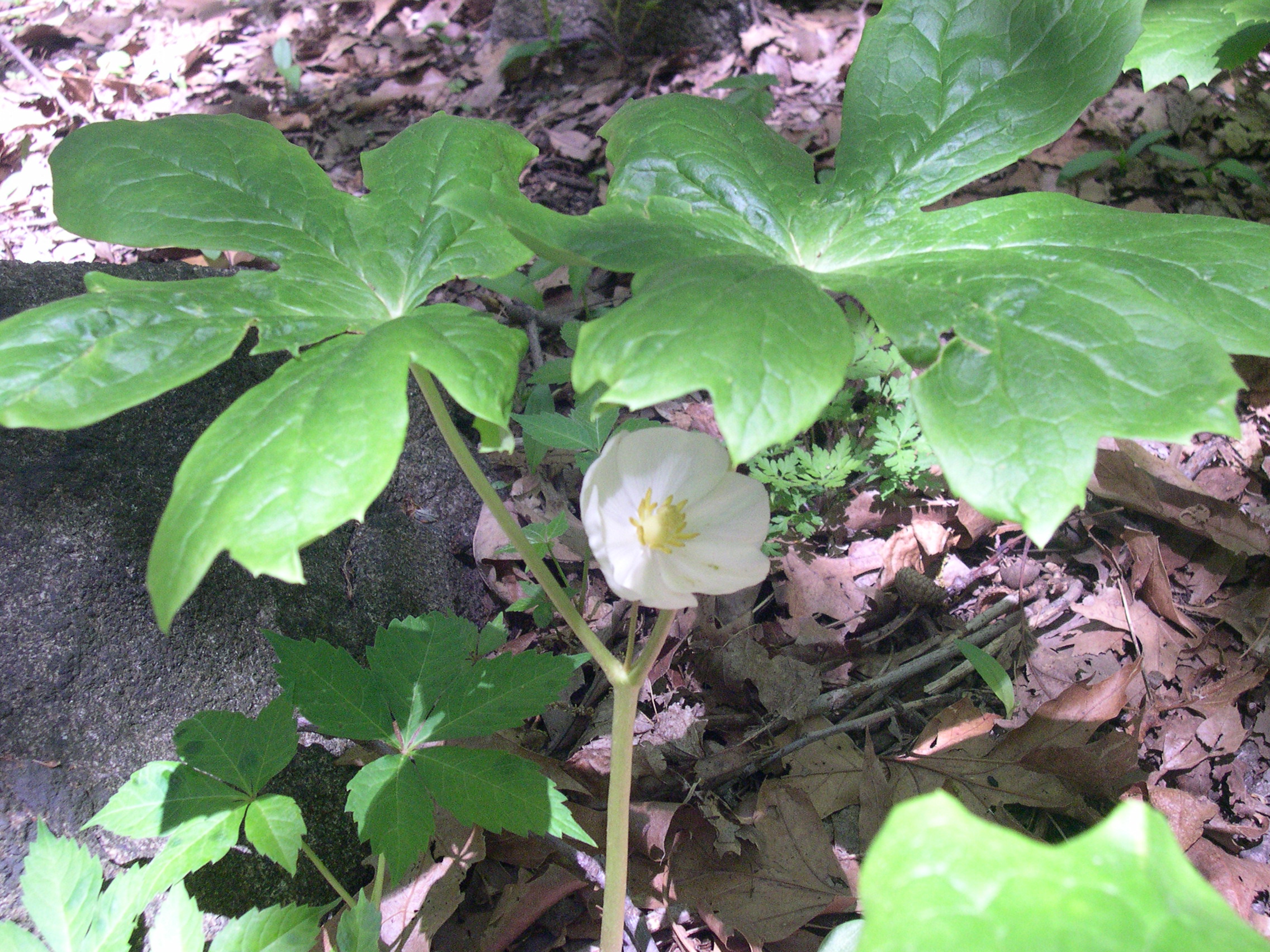
Look Forward to a Bee-utiful Spring
Avoid pesticides, including anti-mosquito water treatments.
Hang a bee house for mason bees in a place that gets morning sun in your yard.
Leave some borders of loose dirt in your beds or at the edges of your lawn – bumblebees nest in the ground.
Grow native plants to provide a variety of healthy pollen and nectar throughout the summer for all the bees (and other pollinators like butterflies and hummingbirds!)
Support your local beekeepers, or if you’re interested in keeping bees yourself, you can get great information at the Northeast New Jersey Beekeepers Association.
Celebrating Earth Month: A Call to Action for Our Planet
April is celebrated as Earth Month, a time to recognize and appreciate our planet while promoting environmental ...
Managing the TNC preserve is no small task. This nearly 400-acre forest, with wetlands, streams, and Pfister’s ...









